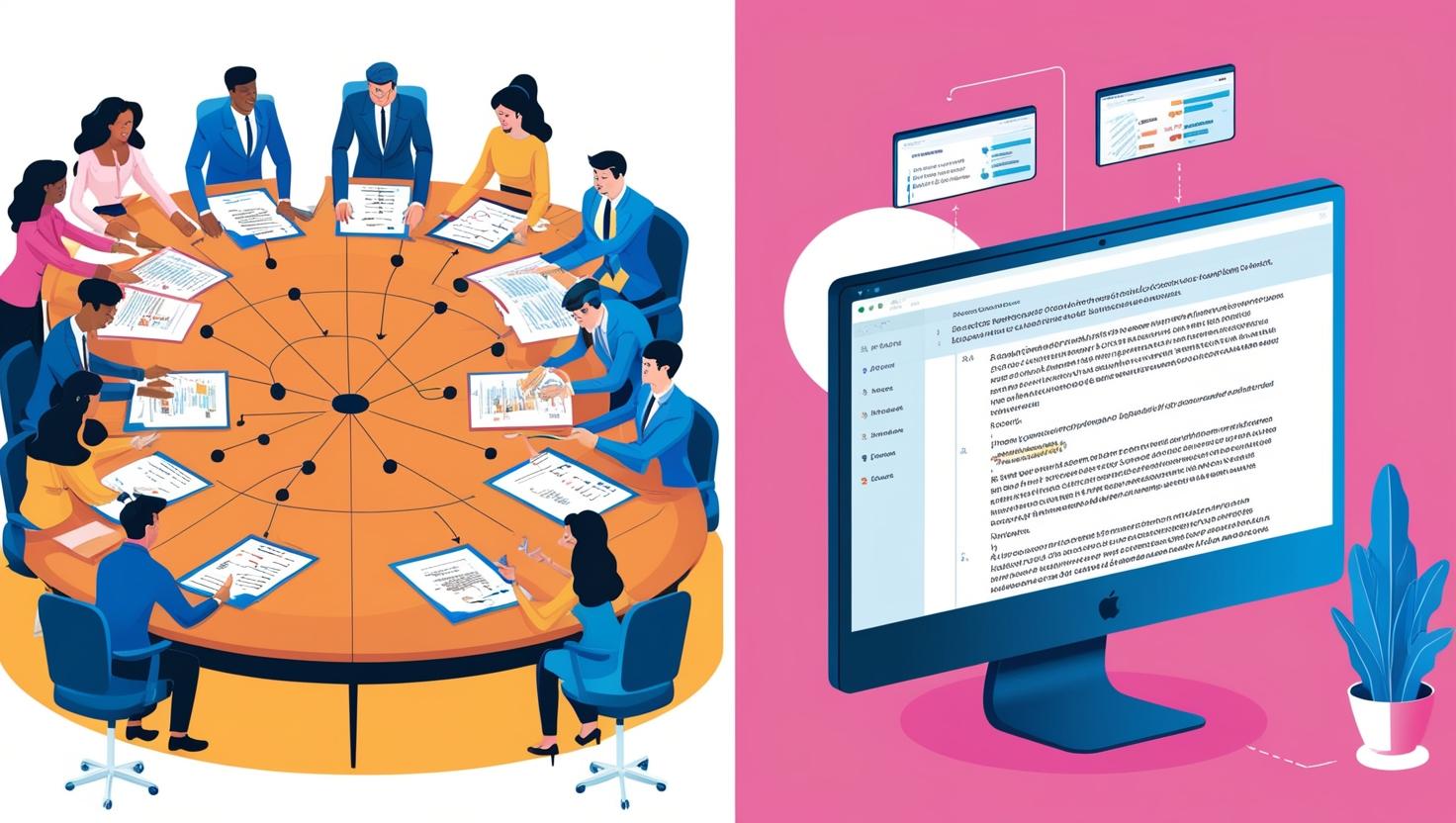Introduction
In an increasingly interconnected world, communication across different languages is essential for the success of businesses, professionals, and individuals. Whether expanding businesses into international markets or meeting legal requirements, turning to a specialised translation agency is the best approach. This ensures high-quality translations that guarantee clear and accurate communication.
In this article, we will explore in depth what a translation agency is, as well as when and why it is advisable to use their services. We will also examine how professional translations differ from those carried out by automated artificial intelligence tools. Additionally, we will highlight the many benefits of choosing a specialised language conversion company, as it ensures precision, cultural adaptation, and confidentiality in your projects.
What is a Translation Agency?
A translation agency is a company specialised in adapting texts from one language to another, ensuring not only the preservation of the original meaning but also the tone, context, and linguistic and cultural nuances of each language. Unlike automated tools, these agencies employ professional, native-speaking translators in the target languages, guaranteeing smooth, natural, and accurate communication.
Services Offered by a Translation Agency
Translation agencies provide a wide range of services tailored to the specific needs of their clients. Among the most notable services are:
- Translation of legal, medical, and technical documents: These texts require precise and technical language. An error in language conversion can have serious consequences.
- Localisation of content for specific markets: Adaptation of texts, images, and cultural elements for specific markets, ensuring the message resonates with the target audience.
- Subtitling and dubbing of videos: Ideal for audiovisual content that needs to reach international audiences.
- Interpretation for events or business meetings: Simultaneous or consecutive interpretation services to facilitate real-time communication.
- Proofreading and editing of texts to ensure accuracy and fluency: Rigorous processes to guarantee the precision, coherence, and fluency of translated content.
When to Use a Translation Agency?
Although automated tools for translating texts into multiple languages, such as German or Italian, have gained popularity due to their speed and accessibility, they still have limitations. For this reason, in many situations, professional translation becomes essential. In fact, turning to a translation agency is crucial when accuracy, official validity, and cultural adaptation are critical factors.
When to Hire a Translation Agency:
- Legal and Official Documents:
When a translation with official recognition and validity is required, such as for contracts, certificates, or legal documents, an error can lead to legal or financial complications. Translation agencies ensure that these documents meet all legal and regulatory requirements. - Marketing Strategies and Business Content:
Localisation is key to adapting messages for specific markets. A translation agency ensures that content is not only translated but also culturally adapted to resonate with the target audience. - Technical and Scientific Documents:
In fields such as medicine, engineering, or scientific research, accuracy is critical. An error in the translation of a technical manual or scientific study can lead to confusion or even safety risks. - Creative and Literary Content:
Literary works, scripts, and advertising campaigns require not only linguistic sensitivity but also creativity. For this reason, a literal translation is not enough to effectively convey the original message. In these cases, it is essential to adapt the content to preserve its intent and style.
Why Use a Translation Agency Instead of an Automated Tool?

With the growth of artificial intelligence (AI) and technological advancements, many individuals and businesses use automated translators like Google Translate, DeepL, or Microsoft Translator because they offer fast, free, and seemingly accurate translations. However, these tools have limitations that can make them unreliable in situations where precision, cultural adaptation, and specialised knowledge are essential.
One of the main limitations of these tools is their inability to fully understand the context of a text. While they can identify individual words and phrases, they often fail to grasp nuances, double meanings, or specific cultural references. Human translators, especially those who are native speakers of the target language, possess the linguistic and cultural sensitivity required. Thanks to this, they can adapt texts in a more natural and effective way, ensuring the message is communicated correctly.
Advantages of a Translation Agency Over Automated Tools:
- Accuracy and Context:
Automated translation tools can produce errors due to their inability to understand the context of a text. A word may have different meanings depending on the situation, and AI does not always choose the correct option. - Cultural Adaptation:
A literal translation does not always convey the same message in another language. Native translators adapt expressions and idioms to ensure the message carries the same meaning across different cultures. - Specialisation in Terminology:
In fields such as medicine, engineering, or law, precise terminology is crucial. A professional translator possesses specialised knowledge that AI cannot match. - Proofreading and Editing:
Translation agencies have rigorous review processes involving multiple professionals. This ensures the detection and correction of errors, guaranteeing a high-quality final result. - Confidentiality and Security:
When dealing with sensitive or confidential information, translation agencies must adhere to data protection regulations. In contrast, automated tools may store texts on external platforms, posing a risk to information security.
Conclusion
In a world where global communication is key to success, relying on a translation agency becomes the best option to ensure accuracy, coherence, and cultural adaptation in any type of content. Although automated translation tools have advanced significantly, they still have limitations that, in many cases, can compromise the quality, security, and effectiveness of the message.
A translation agency not only provides precise and specialised translations but also guarantees a rigorous review process. Additionally, it allows for adaptation to specific contexts and ensures compliance with confidentiality regulations. For example, this is crucial for official documents, business content, or technical materials.



